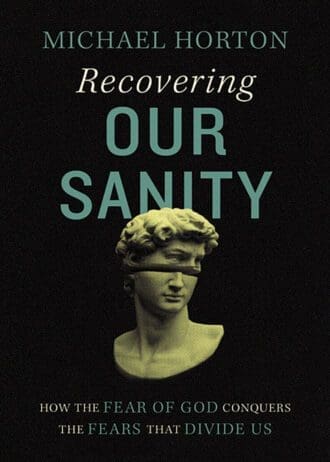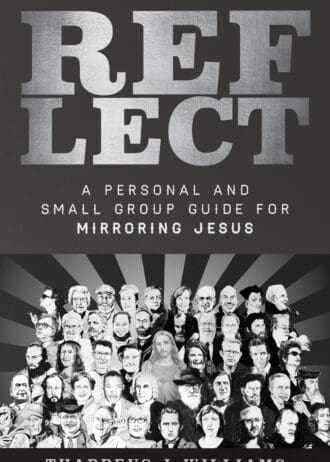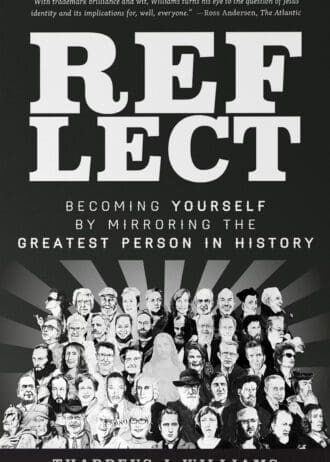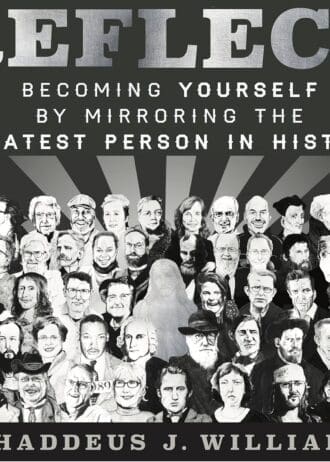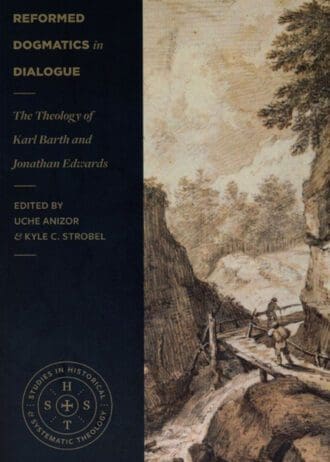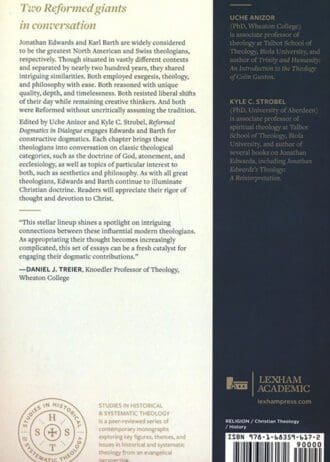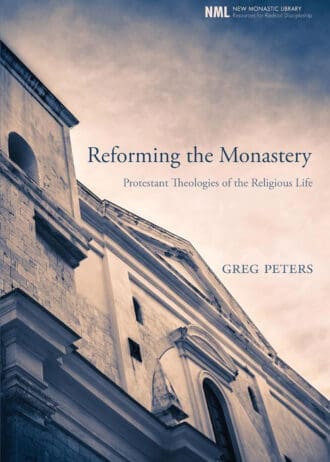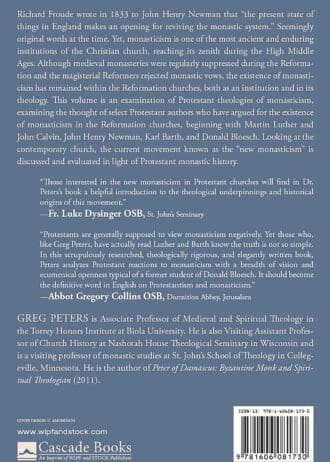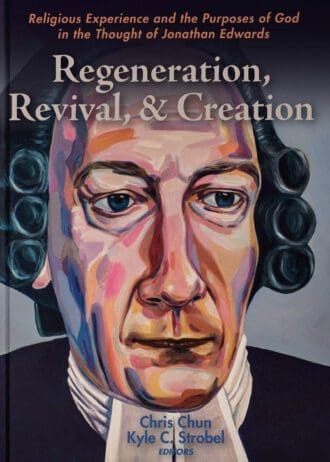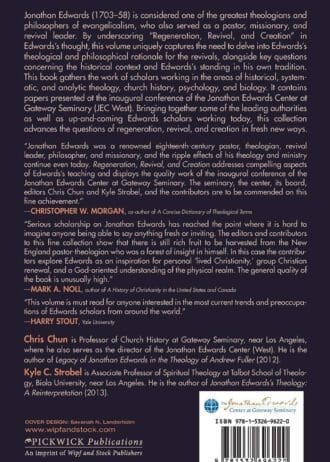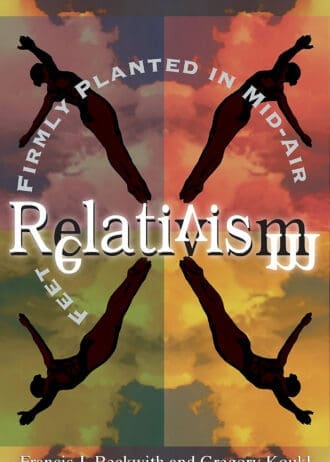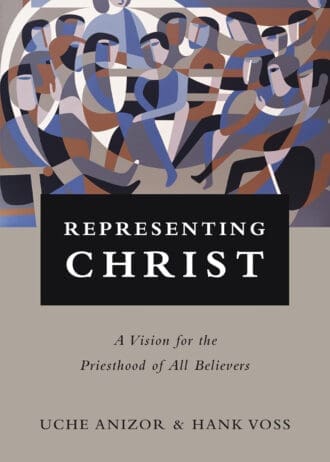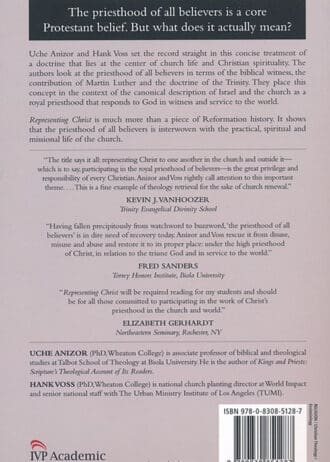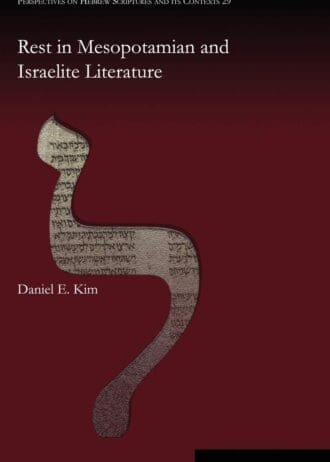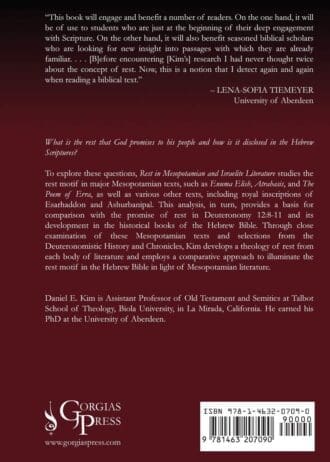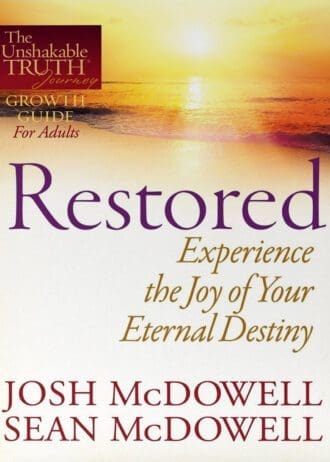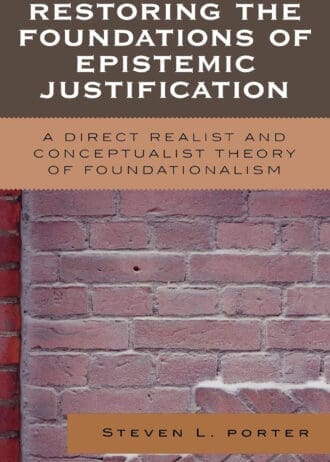Recovering Our Sanity: How the Fear of God Conquers the Fears that Divide Us – Unabridged Audiobook on CD
Recovering Our Sanity is not another self-help book about how to beat your daily fears for a better life. It’s a book that will show you the gravity and glory of a God who’s worthy of our fear. It’s a book that will reveal how these two biblical phrases—Fear God and Do Not Be Afraid—are not contradictory but actually one coherent message. Michael Horton shows us that we cannot fight our fears by seeking the absence of fear altogether, but by living with a fear of God that drives out the fear of everything else. n the gospel. Humbling, thought-provoking, and hope-igniting, Recovering Our Sanity delivers a timely message that will help you shift your focus from a human-centered obsession with self-preservation to a fixation on Christ and his salvation.

